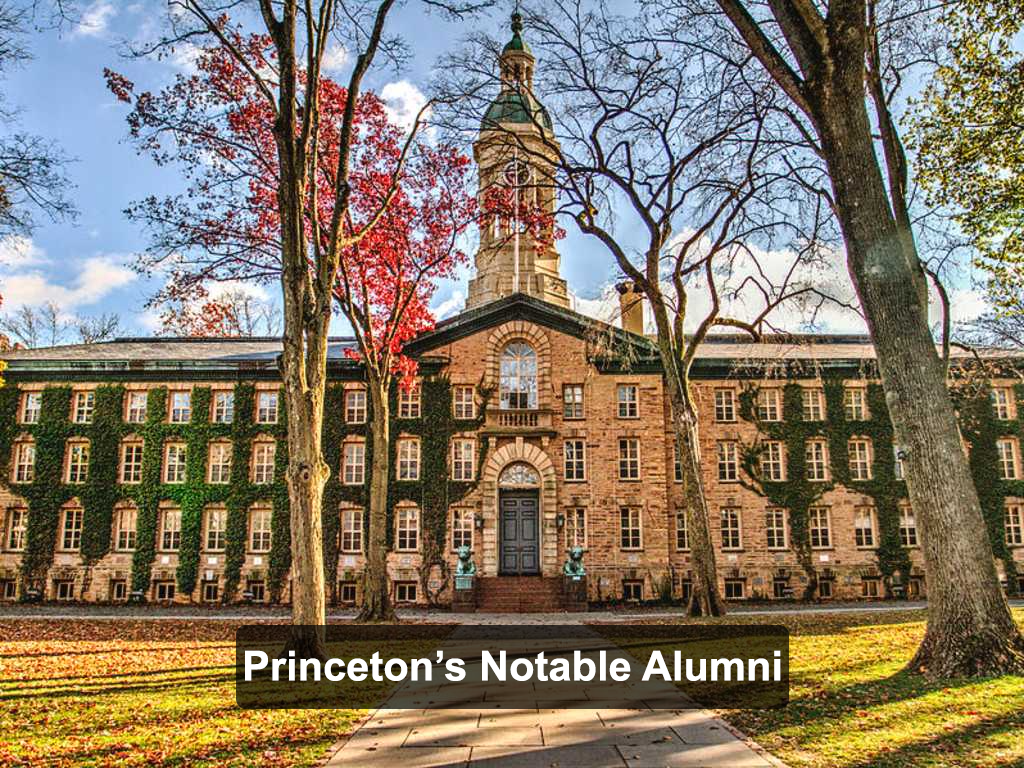Princeton University is renowned not only for its prestigious academic programs and historic campus but also for the remarkable achievements of its alumni. Since its founding in 1746, Princeton has been an incubator of influential leaders, innovators, and visionaries across multiple disciplines. Many Princeton graduates have left a lasting impact on the world through their contributions in politics, literature, business, science, and the arts. This article highlights some of Princeton University’s most notable alumni, celebrating their legacies and showcasing the wide-reaching influence of a Princeton education.
Princeton University, one of the most prestigious Ivy League institutions in the world, has consistently produced exceptional graduates who have gone on to make significant impacts across various fields. Founded in 1746, Princeton is not only renowned for its rigorous academics but also for nurturing individuals who leave an indelible mark on society. Among its many accomplishments, the university’s alumni include influential political leaders, trailblazing scientists, accomplished artists, and innovative entrepreneurs.
This article explores the inspiring legacies of Princeton’s notable alumni, with a particular focus on influential political leaders who have shaped history and society. By the end of this article, readers will gain insights into how Princeton’s environment fosters leadership and excellence.
